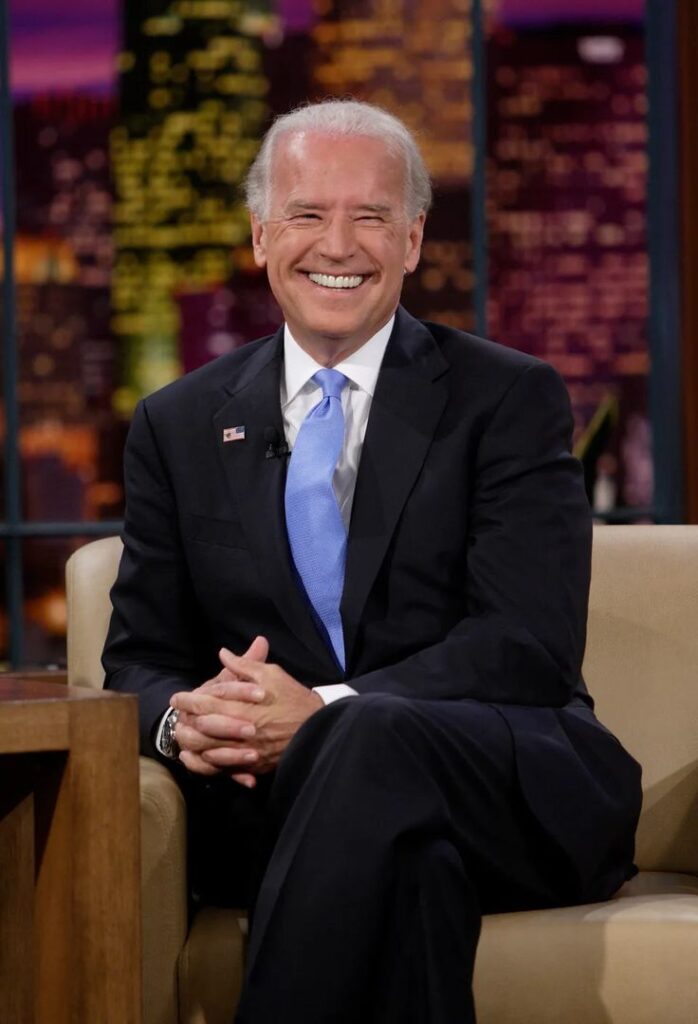
In a surprising turn of events, President Joe Biden announced that he would not seek re-election in the 2024 presidential race. This decision has sent shockwaves through the political landscape, leaving many to speculate about the implications for the Democratic Party and the nation as a whole. Biden’s presidency, marked by significant achievements and challenges, will now face a pivotal moment as the party looks to its future.
The Announcement
On a brisk October afternoon, Biden addressed the nation from the White House Rose Garden, expressing gratitude for the support he received during his tenure. He cited personal and political reasons for his decision, emphasizing the need for new leadership to guide the country through the complexities of the modern political climate. “It is time for fresh ideas and new perspectives,” he stated, leaving many to ponder what this means for the Democratic Party moving forward.
The Context of the Decision
Biden’s presidency has been marked by a series of significant events. From managing the COVID-19 pandemic and passing the American Rescue Plan to tackling climate change and addressing social justice issues, he has had his share of successes. However, he has also faced considerable challenges, including rising inflation, political polarization, and persistent issues regarding his approval ratings.
As Joe Biden’s second term approached, there were growing concerns about his age and stamina for the demands of the presidency. At 81, he is the oldest sitting president in U.S. history, and doubts about his ability to effectively campaign for re-election have lingered. By stepping down, Biden not only acknowledges these concerns but also allows for a smoother transition within the party.
Implications for the Democratic Party
Joe Biden’s exit from the 2024 race leaves the Democratic Party at a crossroads. With a relatively weak field of candidates emerging to challenge him during the primaries, his decision opens the door for new contenders to emerge. Figures like Vice President Kamala Harris, Transportation Secretary Pete Buttigieg, and California Governor Gavin Newsom are now positioned to take the lead in shaping the party’s future.
The question of unity is crucial as the party seeks to rally behind a new candidate. Biden’s departure could lead to a fracturing of support among various factions within the party. Progressives may push for more left-leaning candidates, while moderate Democrats may advocate for a centrist approach. The challenge will be finding a candidate who can unify these groups while appealing to the broader electorate.
Impact on the Republican Party
Joe Biden’s announcement also reverberates through the Republican Party, which had been preparing for a challenging election against an incumbent president. With Biden out of the race, the GOP must reassess its strategy and potential candidates. Former President Donald Trump remains a dominant figure in the party, but the absence of Biden may shift the dynamics of the race.
Republicans will likely focus on consolidating their base and expanding their appeal to independent voters. The party’s leadership will have to navigate the complexities of their own primary process while preparing for a general election against a yet-to-be-determined Democratic candidate.
The Voter Response
The reaction from voters has been mixed. While some express relief, believing that Joe Biden’s decision allows for a more dynamic and youthful candidate to emerge, others are concerned about the lack of continuity in leadership. Joe Biden’s supporters are disappointed, feeling that his accomplishments deserve a chance to be built upon rather than replaced.
Polls indicate that a significant portion of the electorate was already apprehensive about Joe Biden’s re-election campaign. The announcement could reinvigorate Democratic voters who were feeling disillusioned. However, it also raises questions about voter turnout and enthusiasm, which are critical in a competitive election cycle.
Looking Ahead
As the Democratic Party begins to navigate the aftermath of Biden’s decision, the focus will shift toward the primary season. Potential candidates will need to articulate clear platforms and demonstrate their ability to connect with voters on pressing issues, from economic stability and healthcare to climate change and social justice.
Joe Biden’s legacy will inevitably play a role in shaping the party’s direction. Candidates will need to strike a balance between building on his achievements while also distinguishing themselves as fresh leaders who can tackle new challenges.
Conclusion
President Joe Biden’s decision to withdraw from the 2024 presidential race marks a significant moment in American politics. It opens the door for new leadership within the Democratic Party while posing challenges and opportunities for both major parties. As the nation watches the unfolding dynamics of the upcoming election cycle, the political landscape is set for a dramatic shift. The question remains: who will rise to fill the void and lead the country into its next chapter?